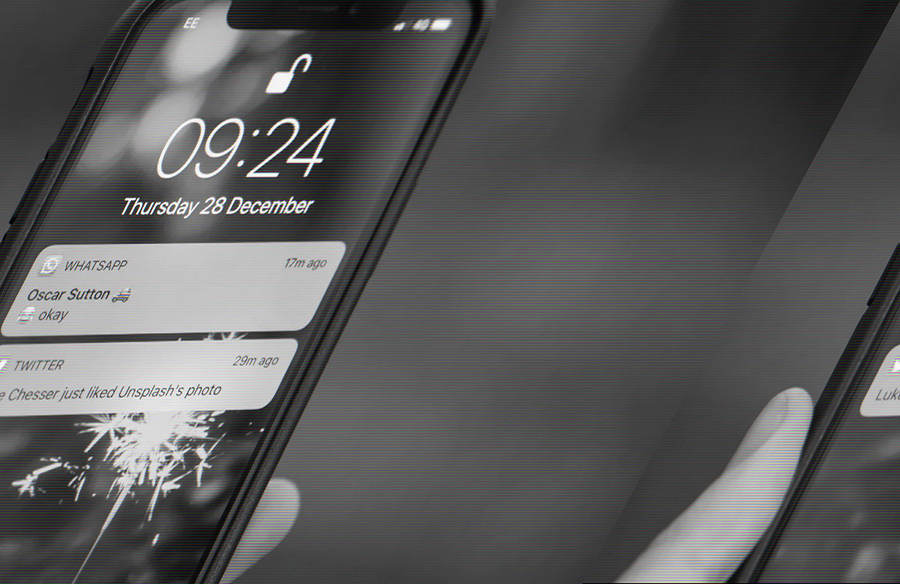Understanding Push Notifications
Push notifications, also known as server push notifications, entail the delivery of information from a software application to a computing device without a specific request from the client. Unlike pull notifications, which necessitate the client to request information from a server, push notifications originate from a server. Typically, end users opt-in to receive these alerts, often during the installation process, and have the ability to manage them later.

Significance in Everyday Life
In today’s digital age, smartphones have become indispensable tools, serving myriad functions beyond mere communication. From social interactions to productivity tasks, smartphones facilitate various aspects of daily life. Push notifications play a vital role in this ecosystem, keeping users informed and engaged with timely updates, messages, and alerts from their favorite applications.
Etiquette of Push Notifications
While push notifications offer convenience, excessive or irrelevant notifications can lead to user frustration and disengagement. Developers must adhere to certain etiquettes to ensure a positive user experience:
- Let users manage notifications themselves.
- Send only essential and time-sensitive notifications.
- Avoid overwhelming users with excessive alerts.
- Group notifications and send them within designated time frames.
Tips for Effective Push Notifications
To optimize the effectiveness of push notifications for businesses, consider the following strategies:
- Provide users with flexible notification settings.
- Limit the frequency of notifications to avoid user fatigue.
- Utilize push notifications to gather feedback from users.

Comparison of Push Notification Services
Several push notification services cater to diverse needs and preferences. Here are five popular options:
- Amazon Simple Notification Service (Amazon SNS): Offers versatile messaging capabilities and integrates seamlessly with other Amazon services. Pricing is based on usage, with the first million requests per month free.
- Firebase Cloud Messaging (FCM): Formerly known as Google Cloud Messaging (GCM), FCM provides cross-platform support for Android, iOS, and web applications. It offers free messaging services with additional features available.
- Pushwoosh: A comprehensive push notification service supporting multiple platforms, including iOS, Android, and Windows Phone. It offers various tools such as timezone support and A/B testing, with push notifications being free.
- Airship: A robust and widely used push notification service compatible with various platforms. It offers advanced features like language targeting and scheduling campaigns, with unlimited push notifications available for free.
Conclusion
While the aforementioned services represent some of the best options available, it’s essential to choose based on individual requirements and preferences. Consider factors such as additional features, implementation time, and overall cost when making your decision. By selecting the right push notification service, you can enhance user engagement and maximize the impact of your mobile application.













